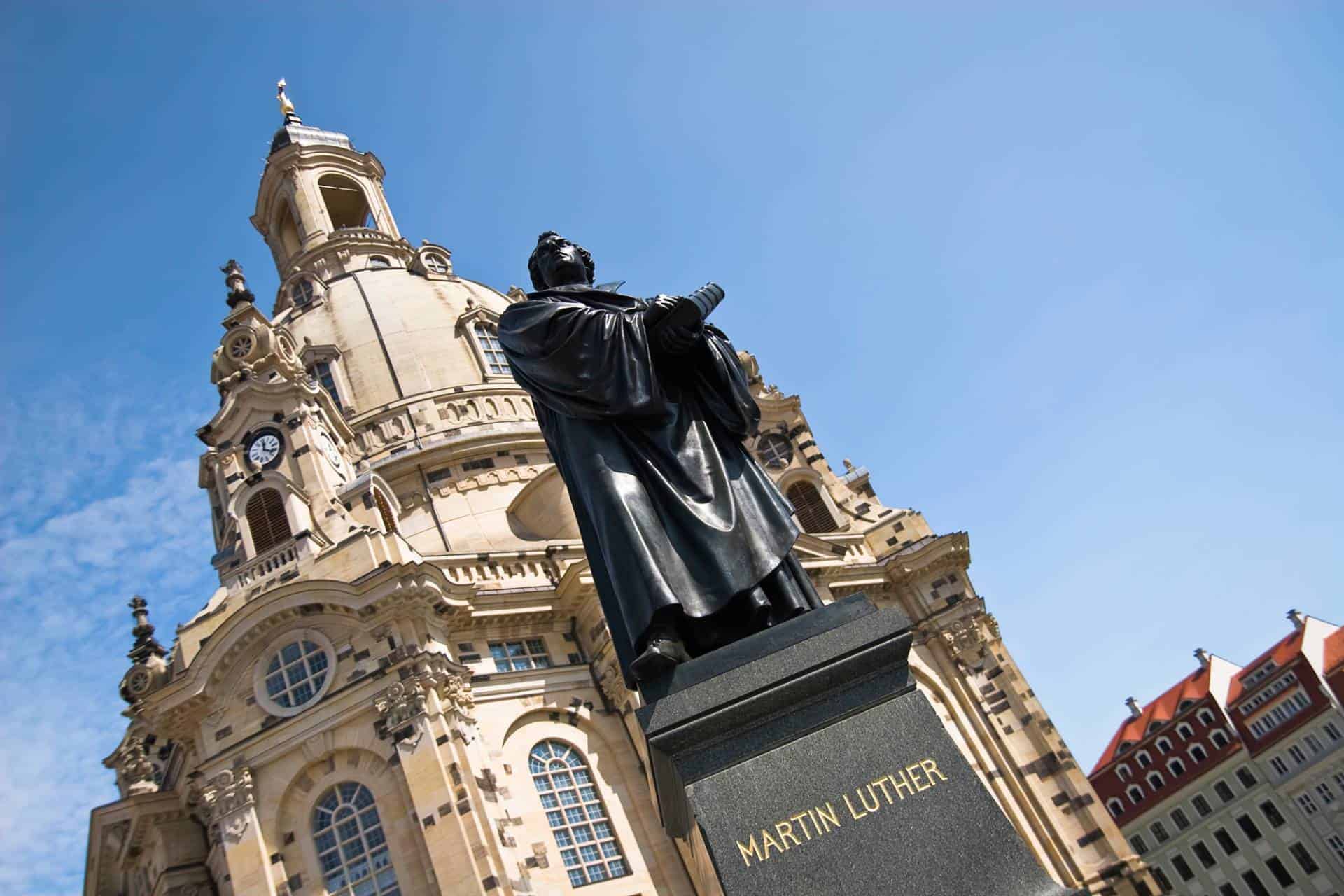
The Protestant Reformation, ignited in the early 1500s, was a transformative religious movement that profoundly reshaped Western Christianity. It heralded a schism, dividing the once-unified body of believers into two distinct camps: the Roman Catholic Church and Protestantism. At the heart of this movement were priests who boldly challenged the authority of the papacy, exposing the widespread corruption and the extravagant indulgences enjoyed by affluent bishops. The Reformation also spotlighted the shortcomings of clergy members, who were often found lacking in education, zealousness, or devotion to their sacred duties. These grievances fueled a fervent call for change, leading to the establishment of several new denominations, including the Anglican, Baptist, Lutheran, Methodist, and Presbyterian churches.
Central figures in this seismic upheaval were instrumental in steering the course of the Reformation:
- Martin Luther (1483-1546): Luther's pivotal act in 1517 was the posting of his 95 theses on the church door in Wittenberg, Germany. This bold move challenged the prevailing norms and set in motion a series of events that culminated in the founding of the Lutheran Church.
- John Calvin (1509-1564): Operating in France and later Switzerland, Calvin, exiled to Geneva, was a leading voice in the Reformation. His disciples, known as Calvinists, played a pivotal role in the emergence of the Presbyterian Church and the United Church of Christ.
- John Wesley (1703-1791): Hailing from England, Wesley, a minister within the Church of England, became a prominent figure. His followers eventually gave rise to the Methodist Church, leaving an indelible mark on the religious landscape.
- John Knox: In Scotland, Knox emerged as a prominent figure, spearheading the Scottish Reformation movement and contributing significantly to the theological and ecclesiastical developments in the region.
- Jan Hus from Prague: A precursor to the Protestant Reformation, Hus from Prague voiced early criticisms against the practices of the Catholic Church, ultimately paving the way for the broader movement.
The Protestant Reformation, with its array of fervent voices and diverse theological perspectives, fundamentally altered the course of religious history, leaving an enduring legacy that continues to shape Christianity in the modern era.










